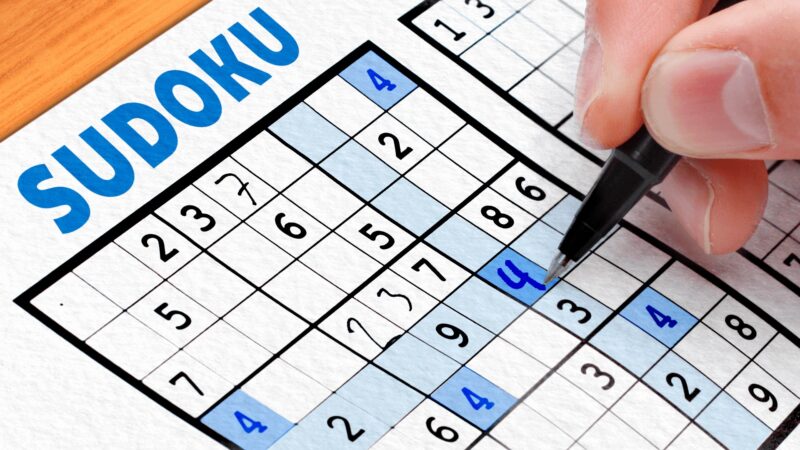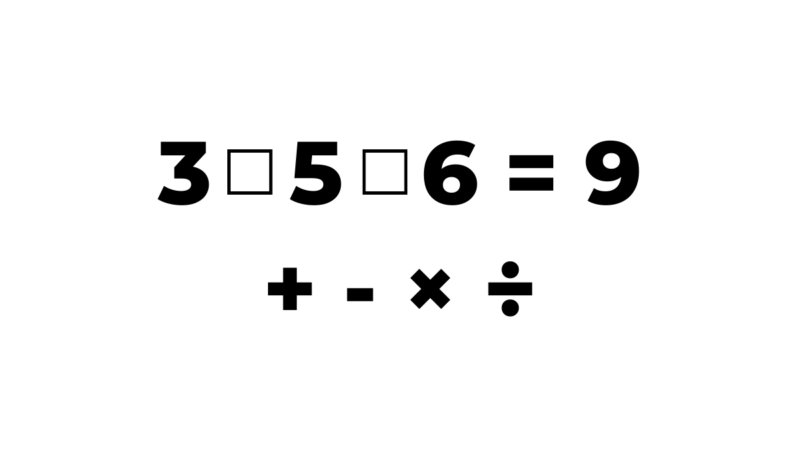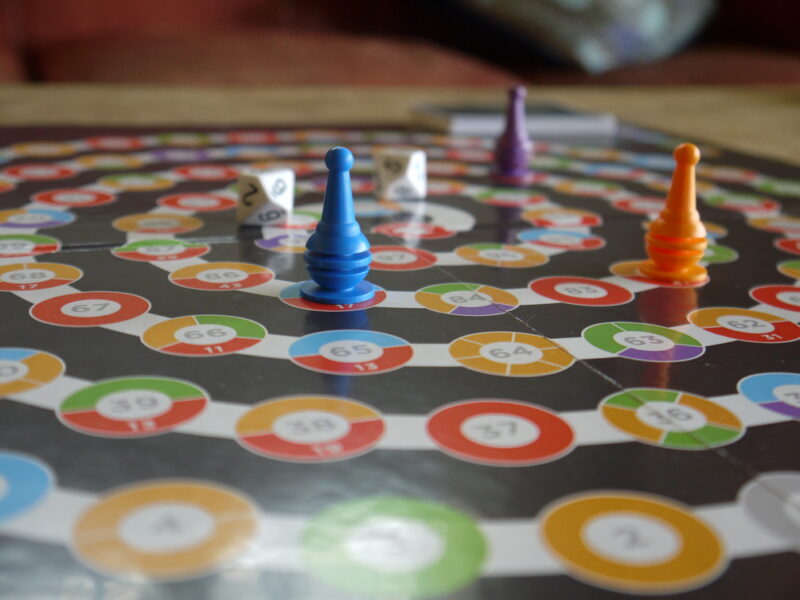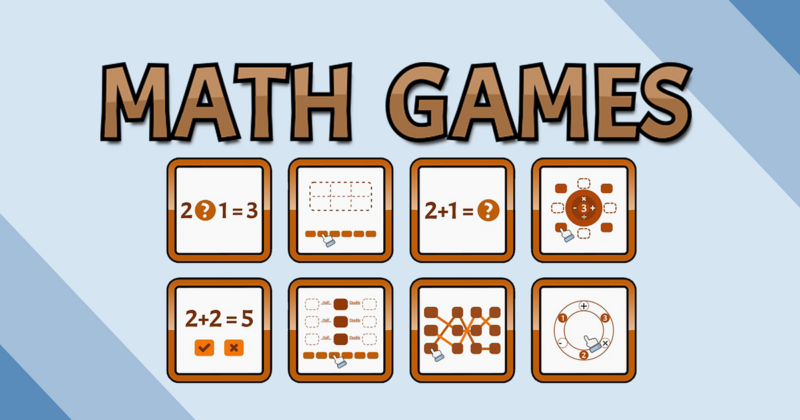Math games go beyond the basic addition and subtraction exercises. They enhance critical thinking, problem-solving, and analytical skills. Research shows that engaging in mentally stimulating activities can improve cognitive function and may even delay the onset of dementia. So, let’s look at some of the best math games that could make you smarter.
1. Sudoku

Sudoku is a number-placement puzzle that has gained worldwide popularity. The goal is to fill a 9×9 grid with digits so that each column, each row, and each of the nine 3×3 subgrids contain all the numbers from 1 to 9.
Benefits
- Improves concentration: Sudoku requires you to focus intensely to solve the puzzles.
- Enhances problem-solving skills: You need to think strategically and methodically.
- Boosts memory: Remembering numbers and their placements can enhance your short-term memory.
Start with easier puzzles and gradually move to harder ones. Use a pencil so you can easily erase mistakes. Look for patterns and use logical reasoning rather than guessing.
2. Online Games
Top online math games are:
- 2048: play 2048 to enhance mathematical thinking.
- Prodigy: An RPG-style game that teaches math through adventures and battles.
- Cool Math Games: A website with a wide range of math-related games.
- DragonBox: A series of apps that turn algebra and geometry into fun challenges.
Benefits
- Interactive learning: Engaging graphics and storylines make learning interactive.
- Immediate feedback: Instant feedback helps you learn from mistakes and improve quickly.
- Adaptive difficulty: Games often adjust the difficulty based on your skill level, ensuring a continuous challenge.
Look for games with positive reviews and educational value. Try different games to find one that matches your learning style. Set a regular time for playing to build a routine and improve steadily.
3. Math Puzzles and Riddles

Math puzzles and riddles are challenges that require you to use logic and math skills to solve. They come in various forms, such as word problems, number sequences, and geometric puzzles.
Benefits
- Sharpens logical thinking: You need to use deductive reasoning to solve puzzles.
- Encourages creative thinking: Some puzzles require out-of-the-box solutions.
- Enhances perseverance: Puzzles often require multiple attempts and strategies.
Where to Find Them
- Books: There are many puzzle books available for all skill levels.
- Online: Websites like Brilliant.org and Math.com offer a plethora of puzzles.
- Apps: Mobile apps like “Brain Test: Tricky Puzzles” and “Math Puzzles” are great for on-the-go brain workouts.
4. Chess

Chess is a strategic game that requires planning and foresight, skills that are closely related to mathematical thinking. Each move involves a complex decision-making process similar to solving mathematical problems.
Benefits
- Improves problem-solving skills: You have to think several moves ahead.
- Enhances memory: Remembering past games and moves can boost your memory.
- Develops spatial skills: Visualizing the board and predicting moves enhance spatial reasoning.
Learn the basics from websites like Chess.com or through mobile apps. Play regularly to improve your skills. Join a chess club to find opponents and get tips from more experienced players.
5. Math-Based Board Games

Popular board games include:
- Prime Climb: A game that uses multiplication and division in a fun, competitive way.
- Set: A game of pattern recognition and logical deduction.
- Blokus: A strategy game that involves spatial reasoning and planning.
Benefits
- Enhances social skills: Playing with others can improve teamwork and communication.
- Develops strategic thinking: Many games require planning and foresight.
- Makes learning fun: Combining math with gameplay makes learning enjoyable.
Look for games that are age-appropriate. Choose games that match your interests to keep you engaged. Consider the number of players; some games are better suited for groups, while others can be played solo.
In Summary
Math games are a powerful tool for boosting your brainpower while having fun. These games not only improve math skills but also enhance critical thinking, problem-solving, and cognitive functions.


